The Truth About Beans And The Keto Diet
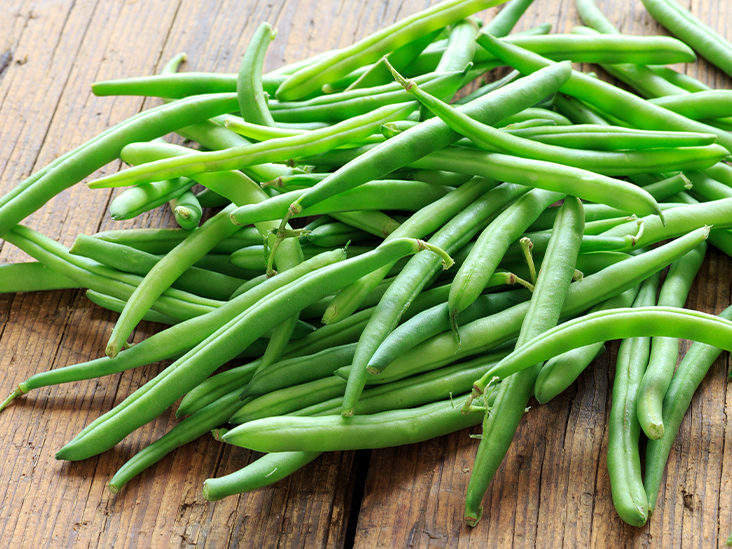
There’s a lot of debate out there about whether beans are keto friendly or not. And to be honest, it can be a little confusing.
Are beans allowed on the keto diet? Well, the answer is a little complicated. Technically, beans are considered a carbohydrate and are therefore off limits on the keto diet. However, there is some debate on whether or not they can be included in moderation.
Are beans keto friendly
The simple answer is that beans are not keto friendly. This is because they are high in carbs and low in fat. However, there are a few things to keep in mind if you are considering adding beans to your diet.
First, beans are a good source of fiber. Fiber does not affect blood sugar levels, so it is considered a “slow carb.” This means that it can help you feel fuller longer and may aid in weight loss. However, beans also contain antinutrients that can interfere with absorption of other nutrients. Therefore, it is important to cook beans properly to reduce these effects.
Second, the type of bean will also affect its keto friendliness. For example, black Beans are higher in carbs than navy Beans. So, if you are going to eat beans on the keto diet, be sure to choose those that are lower in carbs.
In general, beans are not the best choice for those on the keto diet. However, if you do choose to eat them, be sure to select those that are lower in carbs and cook them properly to minimize interference with other nutrients.
What are the benefits of eating beans on a keto diet
There are a few benefits to eating beans on a keto diet. First, beans are an excellent source of protein and fiber. Protein is essential for building and repairing muscle tissue, and fiber helps to keep you regular and promotes digestion. beans are also a good source of iron, potassium, and magnesium.
Second, beans are a low-glycemic food, which means they don’t cause spikes in blood sugar levels. This is important on a keto diet because you want to keep your blood sugar levels stable in order to remain in ketosis.
Finally, beans are a great way to add variety to your diet. If you get bored with meat and vegetables, adding some beans to your meals can help to break things up and keep you from getting burnt out on the keto diet.
What are the best types of beans to eat on a keto diet
There are a lot of misconceptions about the keto diet, and one of them is that it’s a meat-eating diet. This simply isn’t true. In fact, you can eat a variety of different foods on the keto diet, including beans.
The best types of beans to eat on a keto diet are black beans, navy beans, and cannellini beans. These beans are all high in fiber and low in carbs, making them perfect for a keto diet.
Black beans: 7 grams of net carbs per 1/2-cup serving
Navy beans: 6 grams of net carbs per 1/2-cup serving
Cannellini beans: 5 grams of net carbs per 1/2-cup serving
So, if you’re looking for a high-fiber, low-carb bean to add to your keto diet, these are the three best options.
How many beans can you eat on a keto diet
There are a lot of misconceptions about the keto diet, and one of the biggest is that you can’t eat any carbs at all. This simply isn’t true – while you do need to be careful about how many carbs you eat, you can still enjoy some healthy, carb-containing foods like beans.
So, how many beans can you eat on a keto diet? The answer depends on a few factors, including your overall carb intake for the day and the type of bean. As a general rule of thumb, you should aim for no more than 1/2 cup of beans per day – but feel free to adjust this depending on your own individual needs and goals.
Are there any risks associated with eating beans on a keto diet
There are a few potential risks to be aware of when eating beans on a keto diet. First, beans are high in fiber, which can lead to digestive issues like gas and bloating. If you’re not used to eating a lot of fiber, it’s best to start slowly and increase your intake gradually.
Second, beans are also high in lectins, which are a type of protein that can bind to sugars and other molecules in the gut. This can interfere with nutrient absorption and may cause digestive issues. Some people may also be sensitive to lectins and experience symptoms like nausea, vomiting, and diarrhea.
If you do experience any negative side effects from eating beans on a keto diet, it’s best to stop consuming them and talk to your doctor or a registered dietitian.

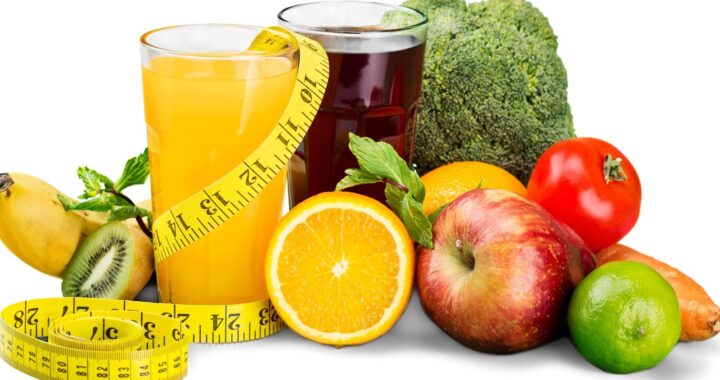 Fad Diets and Long-Term Solutions: A History of Dieting Trends
Fad Diets and Long-Term Solutions: A History of Dieting Trends 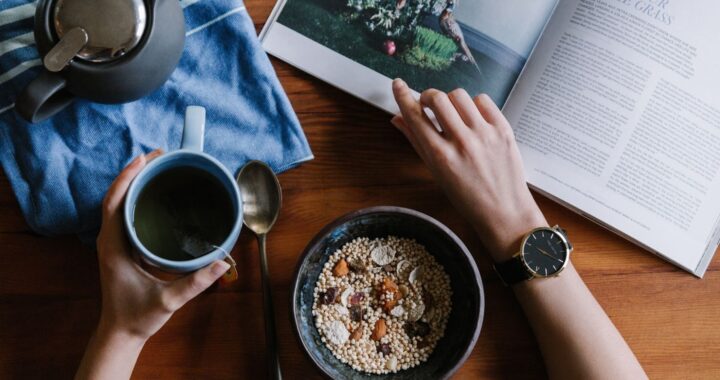 5 Weight Loss Myths
5 Weight Loss Myths 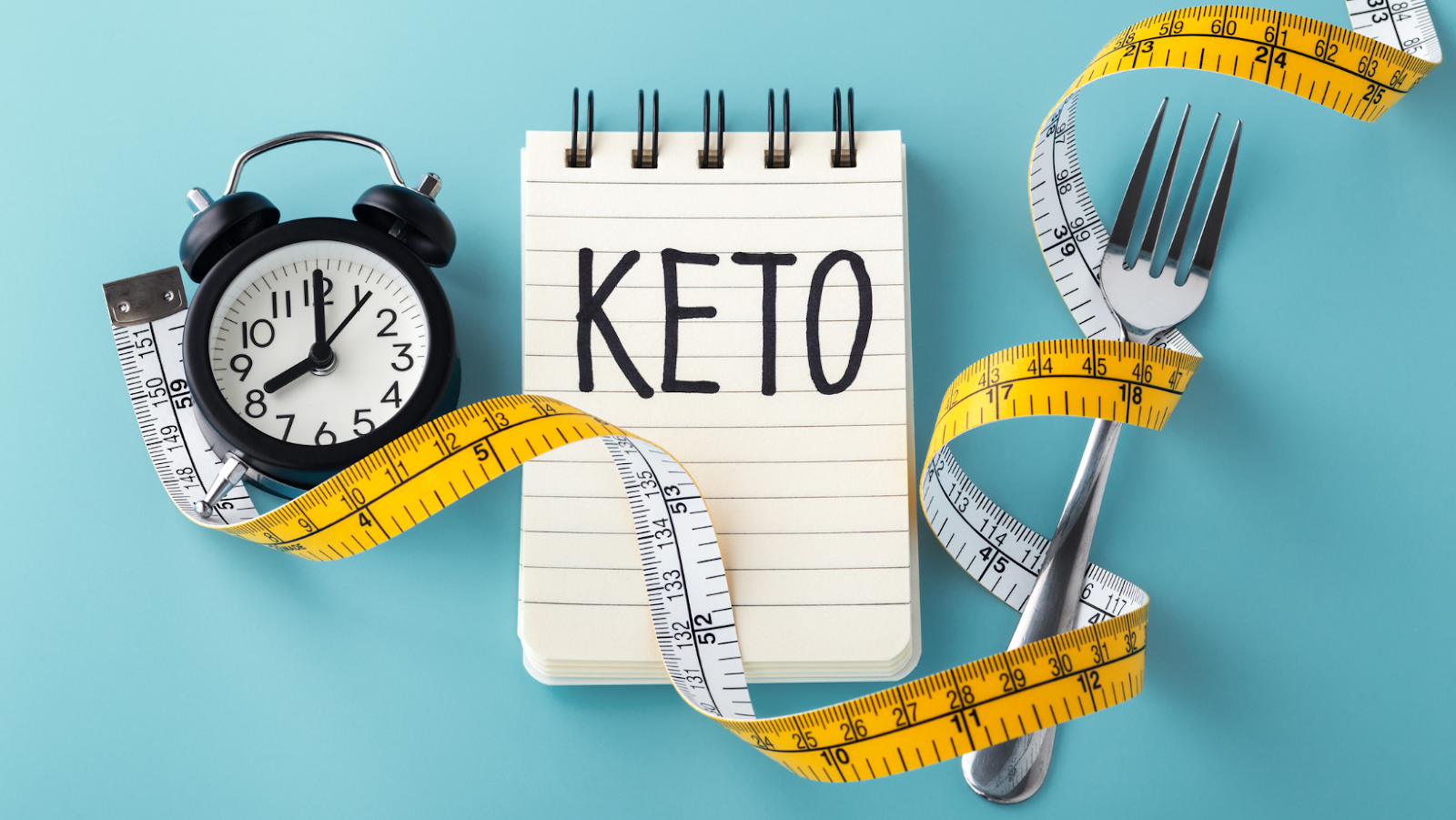 The Ultimate Guide to Keto Carrots
The Ultimate Guide to Keto Carrots 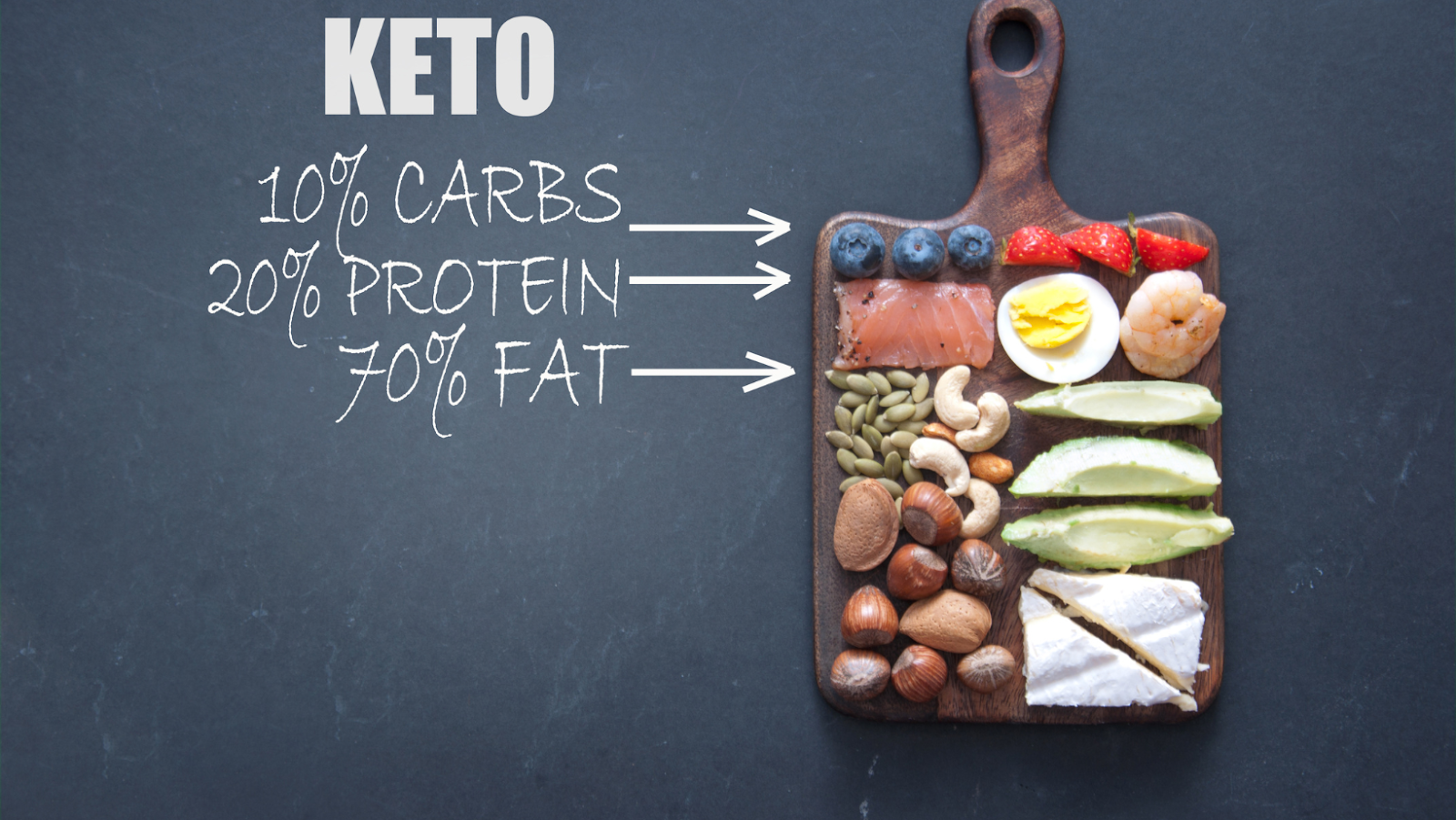 The Secret to Getting More Energy and Endurance When you are on a Keto Diet
The Secret to Getting More Energy and Endurance When you are on a Keto Diet  The Healthiest Fruit For A Keto Diet
The Healthiest Fruit For A Keto Diet 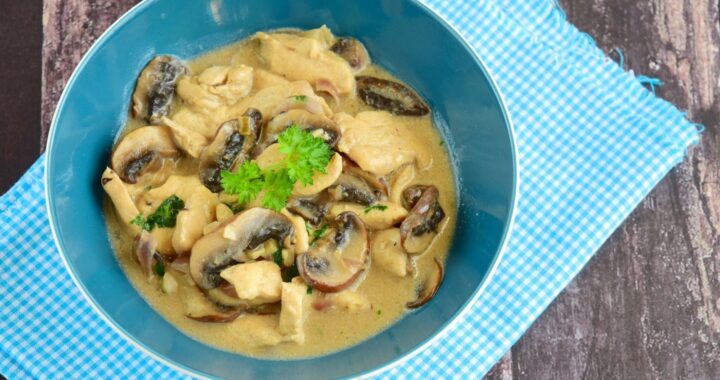 Chicken and Mushrooms are The Perfect Combination for A Healthy Meal
Chicken and Mushrooms are The Perfect Combination for A Healthy Meal